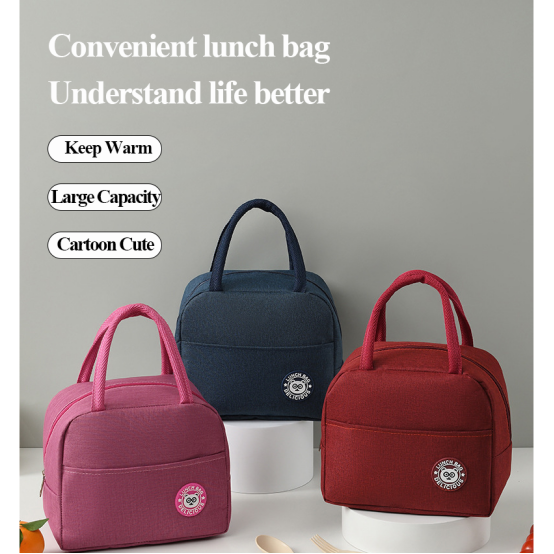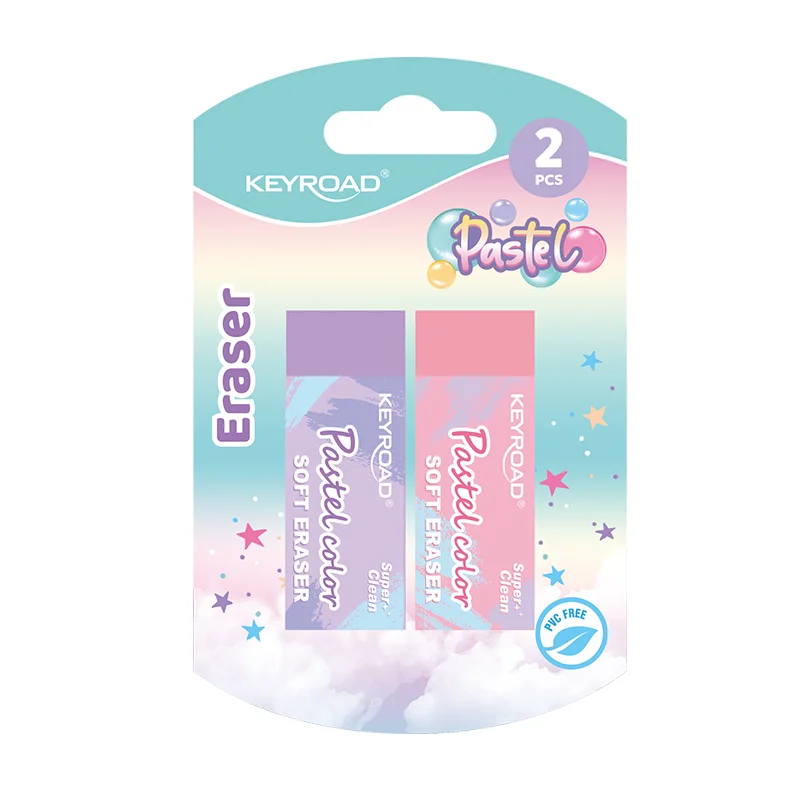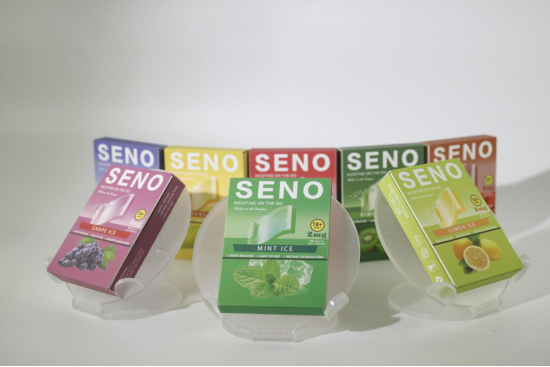Non-Durable Final Goods: Understanding the Basics

Non-durable final goods refer to products that have a short lifespan and are consumed or used up quickly. These goods are typically purchased frequently and are considered essential for daily living. Examples of non-durable final goods include food, beverages, toiletries, and cleaning supplies.
Understanding the importance of non-durable final goods is essential for businesses and consumers alike. For businesses, it is crucial to understand the demand for these goods and how to effectively market and distribute them. For consumers, it is important to make informed purchasing decisions and understand the impact of these goods on their daily lives and the environment.
One of the key factors that affect the demand for non-durable final goods is consumer behavior. Consumers tend to purchase these goods based on their immediate needs and preferences. For example, a person may purchase a particular brand of shampoo because they like the scent or because it is on sale. This makes it important for businesses to understand consumer behavior and tailor their marketing strategies accordingly.
Another factor that affects the demand for non-durable final goods is the state of the economy. During times of economic uncertainty, consumers may be more likely to purchase cheaper, generic brands of non-durable goods. Conversely, during times of economic prosperity, consumers may be more willing to splurge on higher-end, luxury brands.
The impact of non-durable final goods on the environment is also an important consideration. Many of these goods are packaged in single-use plastic containers, which contribute to the growing problem of plastic waste. Businesses and consumers can take steps to reduce their environmental impact by choosing products with eco-friendly packaging or by using reusable containers.
In conclusion, non-durable final goods play a significant role in our daily lives and the economy as a whole. Understanding the demand for these goods, consumer behavior, and the impact on the environment is essential for businesses and consumers alike. By making informed purchasing decisions and taking steps to reduce our environmental impact, we can ensure a sustainable future for generations to come.





